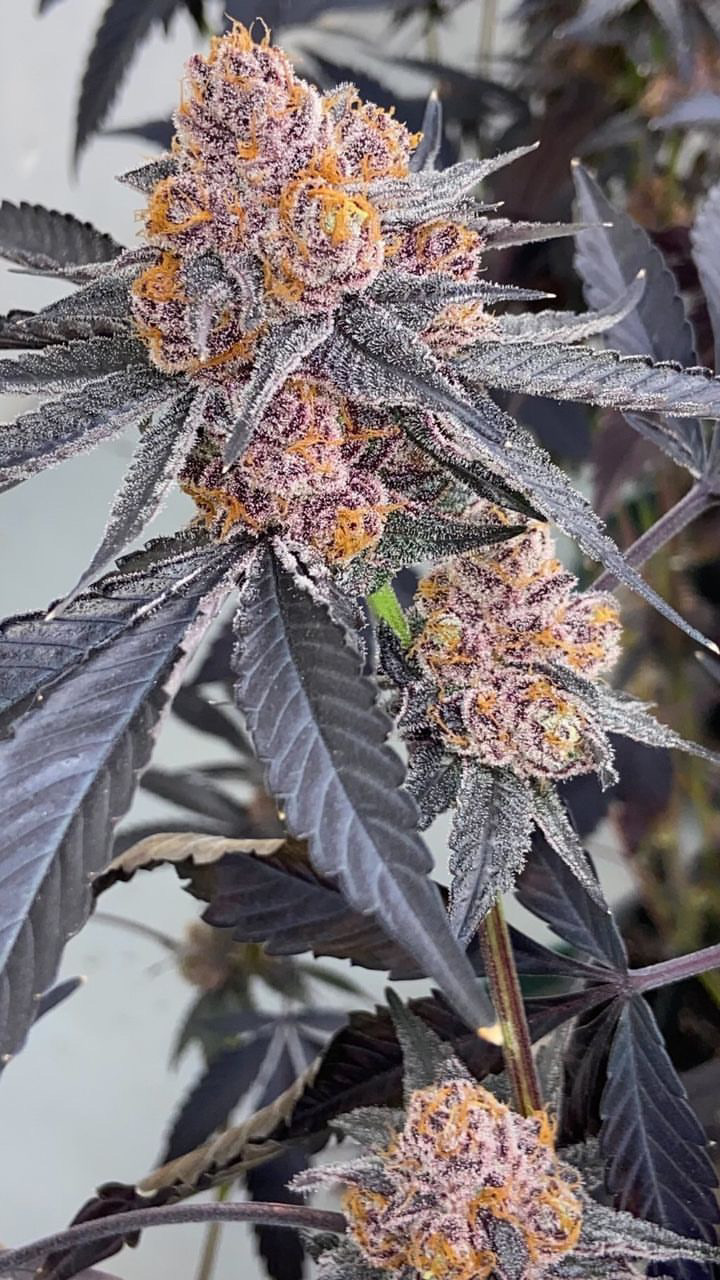In the world of cannabis cultivation, the art of cloning plants has become a fundamental technique for growers. This process allows cultivators to replicate their best-performing plants, ensuring a consistent and high-quality harvest. In this article, we’ll explore the intricacies of cloning cannabis plants and the benefits it brings to the industry.

Cloning Cannabis: An Overview
Cannabis cloning involves creating genetically identical copies of a mother cannabis plant. These clones share the same genetic makeup, which means they will exhibit the same traits as the parent plant. This method has gained popularity for its ability to maintain strain purity and consistency in yields.
The Cloning Process Unveiled
Creating cannabis clones involves several key steps. Growers select a healthy, mature plant with desirable characteristics, such as potent cannabinoid profiles or unique terpene profiles. A cutting is taken from the selected plant and treated with rooting hormones to stimulate root development. Once roots develop, the clone is transplanted into a growing medium and nurtured until it becomes a fully-fledged cannabis plant.
Advantages of Cloning
Preservation of Genetics: Cloning allows growers to preserve the genetic makeup of exceptional plants, ensuring that specific traits are passed down through generations.
Consistency in Yields: With clones, growers can achieve consistent yields and potency with each harvest, reducing variability and maximizing product quality.
Time and Resource Efficiency: Cloning skips the germination phase, saving time and resources. This leads to faster growth and quicker turnaround times.
Conclusion
The practice of cloning cannabis plants has become a cornerstone of modern cannabis cultivation. By harnessing the power of genetics, growers can produce high-quality cannabis with consistent characteristics, meeting the demands of both recreational and medical users. Cloning is not just an art; it’s a science that continues to revolutionize the industry.

